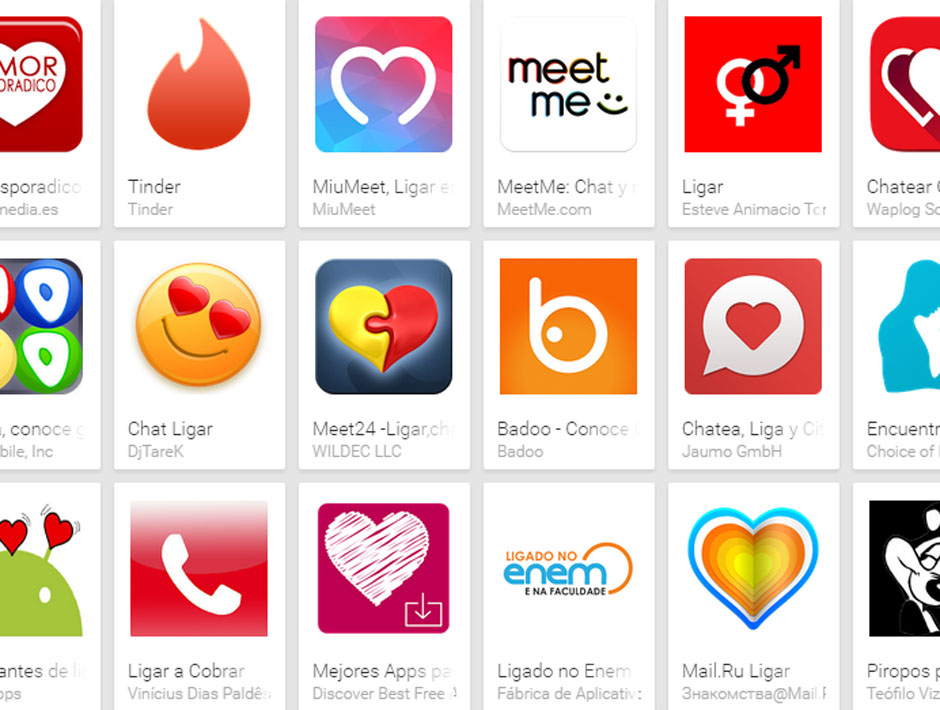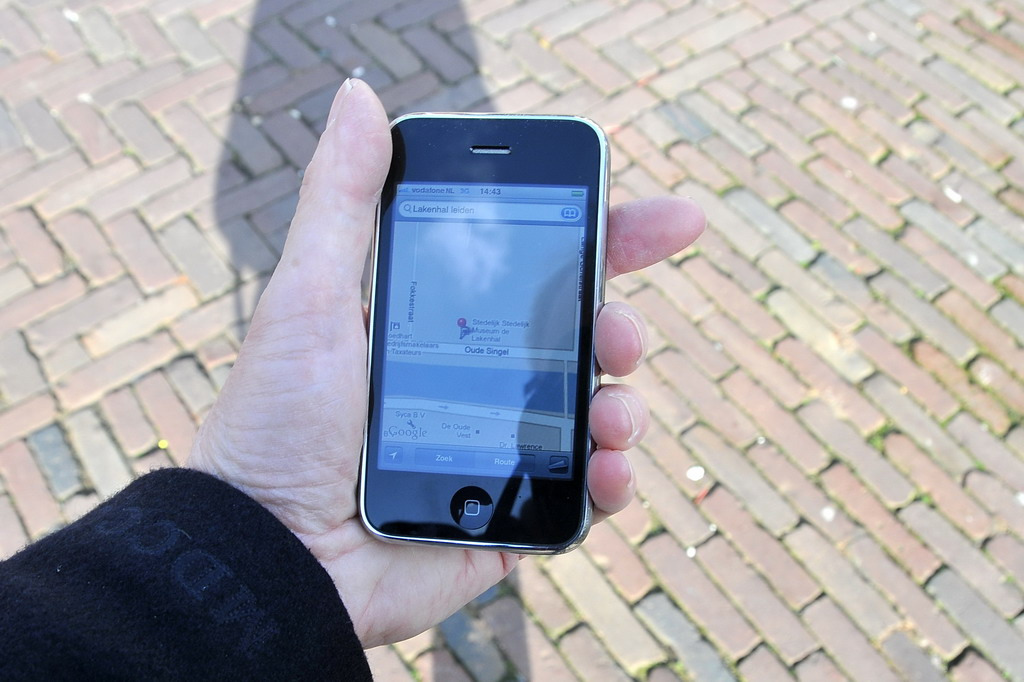
Your personal life is not incompatible with your professional life, and even less so on your smartphone, a device we use for almost everything these days. People use the same phone for work, social networking and even dating through apps like Tinder.
In principle that shouldn’t be a problem. However, a report published by tech giant IBM shows that this could put personal user information and corporate data at risk.
Tinder is just one of the dozens of dating apps that have recently emerged, and the number of their users grows exponentially.

IBM’s analysis was based on the 40 most popular dating apps available on Play Store. The company‘s experts concluded that 63 percent of all apps had security flaws and were vulnerable to hacking. Consequently, any criminal that could access any of these applications would be able to obtain not only personal user information but also corporate data.
The study revealed that 73 percent of dating apps had access to GPS location information. With this data, an attacker could track users’ movements and find out where they live, where they work, who they meet and where they spend their spare time.
Additionally, an attacker could take control of a phone’s camera or microphone to access the user’s photographs or calls and gain knowledge of their professional activities, for example.

Purchasing and credit card information could also end up in criminal hands. Crooks could also install malware on the device, monitor the user’s activities or even spoof their identity, taking control of their account profiles and acting on their behalf. In an attempt to give users peace of mind, IAC (the parent company of Tinder, Match and OKCupid) promptly denied that any of its apps could be exploited in any of these ways.
IBM’s security experts also analyzed the devices used by employees of different organizations. In this case, researchers found that for 50 percent of enterprises analyzed, employee-installed dating apps had access to professional data.
Apart from presenting these alarming results, the US multinational offered up some tips to users of these apps:
- Use unique passwords for all your online accounts. Make your passwords complex enough to be secure and, as previously suggested on other occasions, change them regularly.
- Always apply the latest patches and updates to your apps and devices as soon as they become available. This will fix any identified bugs.
- Use only trusted Wi-Fi connections when on your dating app.
- Review app permissions before installing them and after any software upgrade or updates are made. These permissions will indicate the data that the app can access. If they look suspicious, maybe you should just go for another, less dangerous app.
If you yourself use any of these apps don’t be afraid. Check the software’s conditions of use and if you think the app is not trusted, simply uninstall it. You can always leave your phone aside and turn to more traditional methods to find your ‘special one’. 😉






1 comment